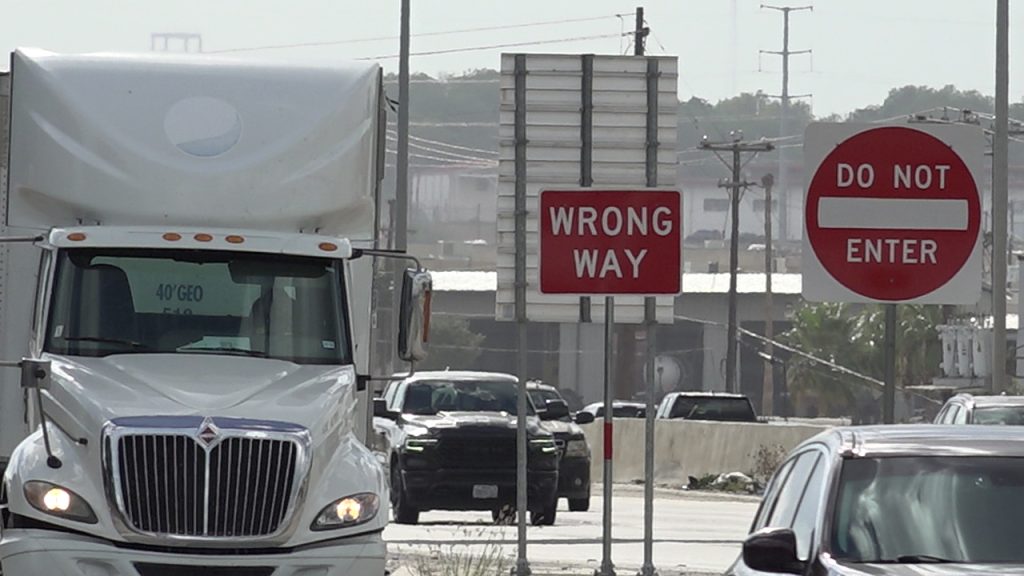Cargo Theft Surges as Holiday Season Approaches: A Growing Threat to the Supply Chain
As the holiday season approaches, the American trucking industry faces an alarming increase in cargo theft that threatens both businesses and consumers. According to CargoNet, a national information-sharing system tracking cargo theft, incidents have risen by 13% compared to the same period last year. This growing problem demonstrates the evolution of cargo theft from traditional physical break-ins to sophisticated online schemes orchestrated by international criminal organizations. The financial impact is staggering—the American Trucking Associations (ATA) estimates cargo theft costs the industry approximately $19 million per day, creating ripple effects throughout the supply chain that ultimately reach consumers through higher prices and product shortages.
Adam Blanchard, co-founder of San Antonio-based Double Diamond Transport and Tanager Logistics, has experienced firsthand how cargo theft has transformed in recent years. Before 2020, thieves primarily employed straightforward methods—cutting seals and physically removing cargo from trucks. Now, cybercriminals have revolutionized cargo theft by infiltrating the digital infrastructure of the freight industry. Blanchard himself became a victim when fraudsters stole his identity as a freight broker to divert cargo from other companies. “They stole my identity as a freight broker in order to get cargo from other companies and tender it to legitimate motor carriers,” Blanchard explained. When he traced the criminals behind a stolen load of energy drinks, he discovered they operated from Eastern Europe—far beyond the reach of most local law enforcement agencies. Though his company connected with the fraudulent operation by phone, no legal action followed, leaving Blanchard with damaged business relationships and doubled insurance premiums due to rising theft claims.
The technological sophistication of modern cargo theft represents a 1,500% increase in online theft over the past four years, according to industry data from Trucking.org. Keith Lewis, CargoNet’s Vice President of Operations, noted that criminal organizations realized after 2020 that “they could work from anywhere in the world and control freight.” ATA CEO Chris Spear described how these operations function: “This is much more tech-driven by transnational organizations operating out of Eastern Europe, Russia. They’re actually going into the bill of laden, they’re looking for the expensive type of freight.” Once cargo is stolen, it often disappears into the global supply chain. “They’ll steal that freight, put it in containers as best we can tell, a lot of it is going to the LA area, and transport it to other countries,” Blanchard explained. The crime frequently goes undetected for extended periods—Lewis reports that companies sometimes don’t realize a load is stolen until weeks, months, or even a year later, and without mandatory reporting requirements, many thefts never enter official statistics.
California, Texas, and Illinois currently rank as the top three states for cargo theft, collectively accounting for 53% of nationwide incidents. Food and beverages along with household goods remain the most commonly targeted items, making holiday shipments particularly vulnerable. The geographic concentration of these thefts highlights regional vulnerabilities in the supply chain but also points to where enforcement efforts might be most effectively concentrated. The lack of coordination between jurisdictions, however, creates significant challenges for law enforcement. Without a unified national framework to address cargo theft, criminals exploit gaps in communication and enforcement capabilities, allowing them to operate with relative impunity across state lines and international borders. This jurisdictional complexity further complicates an already difficult challenge for the freight industry and highlights the need for federal intervention.
In response to these challenges, the trucking industry is advocating for the passage of the Combating Organized Retail Crime Act (CORCA). According to the ATA, this legislation “would provide law enforcement and industry with a unified framework to fight back. Not only would it create a long-overdue task force to pursue these criminal rings, but it would also establish a badly needed national cargo theft database.” Blanchard testified before Congress in February alongside other industry leaders to highlight the urgent need for federal action. He identified the fundamental problem: “Here is the crux of the issue. There is no law enforcement agency that is focused on this. Until we get legislation passed on the federal level that establishes a federal law enforcement coalition that begins to investigate these crimes, and begins to actually conduct arrests and prosecutions, this is only going to continue to get worse.” The proposed legislation represents a potential turning point in addressing cargo theft, providing the structure and resources necessary to combat increasingly sophisticated criminal operations.
The consequences of unchecked cargo theft extend far beyond the trucking industry to affect everyday consumers. When products disappear from the supply chain, it creates shortages that drive up prices and reduce availability, particularly during high-demand periods like the holiday season. As Blanchard noted, theft affects every aspect of his business, potentially forcing him to increase prices that ultimately get passed on to shoppers. Spear emphasized this consumer impact: “When they’re seeing products not arriving on the shelves, there’s a shortage of that. The cost goes up. There’s a reflection in what you, I and what everyone pays for the things we want and need.” As the holiday shopping season intensifies, the vulnerability of the supply chain to cargo theft poses a significant concern not just for retailers and freight companies but for all consumers hoping to find the products they need at reasonable prices. Without comprehensive action to address the growing sophistication of cargo theft operations, the problem will likely continue to worsen, with costs ultimately borne by businesses and consumers alike.











